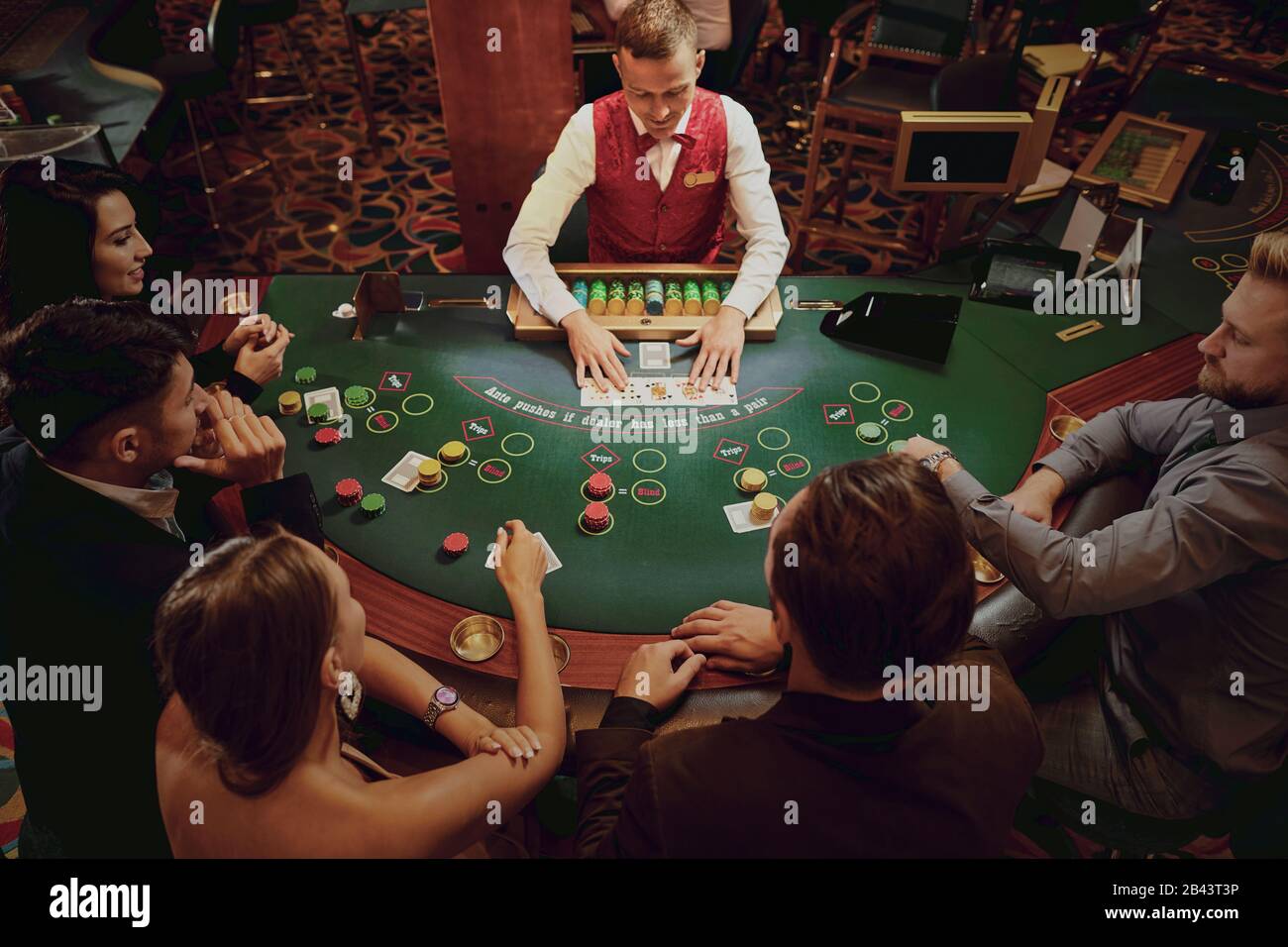Gambling Top
Last updated: 08/5/2019
Author: Addictions.com Medical Review
Reading Time: 3minutes
Online gambling has been a topic of conversation in the casino industry for more than a decade, and after a number of challenges, most of the legacy big names in the space like PokerStars and Full. Doubledown Casino. Because of this reason, before few months, many best internet on line casino software providers have launched combined scratch playing cards and slots video games and little question, it will continued to be increased further within the upcoming months and years.
Even without the physical triggers so commonly associated with drug addiction, gambling disorders can wreak just as much havoc in a person’s life. While drug addiction works as a substance-based disorder, gambling addictions have more to do with a lack of impulse control.
Gambling addiction often affects people who also struggle with alcohol abuse.
Ultimately, it’s the loss of control that defines addictive behavior regardless of the substance or activity involved. Gambling addiction statistics present this “loss of control” factor in a stark and alarming light.

The source for in-depth betting site reviews, current betting lines and odds, game previews, sports betting guides, and futures trackers. Maximize your online sports gambling excitement. College Gambling. Gambling addiction statistics show people between the ages 20 and 30 have the highest rates of problem gambling. 75 percent of college students report having gambled during the past year; The risk of developing a gambling addiction more than doubles for young adults in college settings. Top casinos worldwide 2019, by poker table counts Share of Americans who played blackjack, roulette, or poker in casinos 2018, by age Visitors of casinos who used slot machines in the U.S.
Gambling addiction statistics show how problem gambling can up-end a person’s life in more ways than one. Not unlike other types of addiction, people most susceptible to gambling also suffer from other disorders of which they may or may not be aware.
Probably the most glaring revelation to be had from gambling addiction statistics lies in the consequences that result when gambling disorders go untreated.
1. Gambling Trends
As with all types of data, certain trends or patterns of behavior start to surface within a given population. Gambling addiction statistics are no different. Some of the more prevalent gambling trends show:
- The likelihood of developing a gambling addiction increases 23-fold for people affected by alcohol use disorders
- Over 80 percent of American adults gamble on a yearly basis
- Three to five gamblers out of every hundred struggles with a gambling problem
- As many as 750,000 young people, ages 14 to 21 have a gambling addiction
2. Gambling & Criminal Activity


As far as gambling and criminal activity goes, gambling addiction statistics reveal a direct correlation between the severity of a gambling addiction and the likelihood of committing crimes. Rates of gambling addiction for criminal offenders far exceed rates found among non-offenders. On average, an estimated 50 percent of those affected by gambling problems commit crimes in order to support their addiction.
3. College Gambling
Gambling addiction statistics show people between the ages 20 and 30 have the highest rates of problem gambling.
- 75 percent of college students report having gambled during the past year
- The risk of developing a gambling addiction more than doubles for young adults in college settings
- An estimated six percent of American college students struggle with gambling problems
4. Gambling & PTSD Trends
People affected by post-traumatic stress disorder or PTSD live with high levels of stress and anxiety on a daily basis. Gambling addiction statistics show high rates of gambling addiction among PTSD sufferers.
- PTSD symptoms affect anywhere from 12.5 to 29 percent of problem gamblers
- 34 percent of those who seek treatment for gambling addiction exhibit symptoms of PTSD

Gambling Tops
5. Gambling & Mental Illness
As addictions, in general, alter brain chemical functions in destructive ways, people struggling with gambling addiction have a higher likelihood of developing mental disorders. Gambling addiction statistics show a high incidence of certain types of mental illness, some of which include:
- Depression disorders
- Anxiety disorders
- Substance abuse disorders
- Anti-social personality disorder
Top Gambling Sites
As with any other type of addiction, a gambling addiction can only get worse when left untreated.